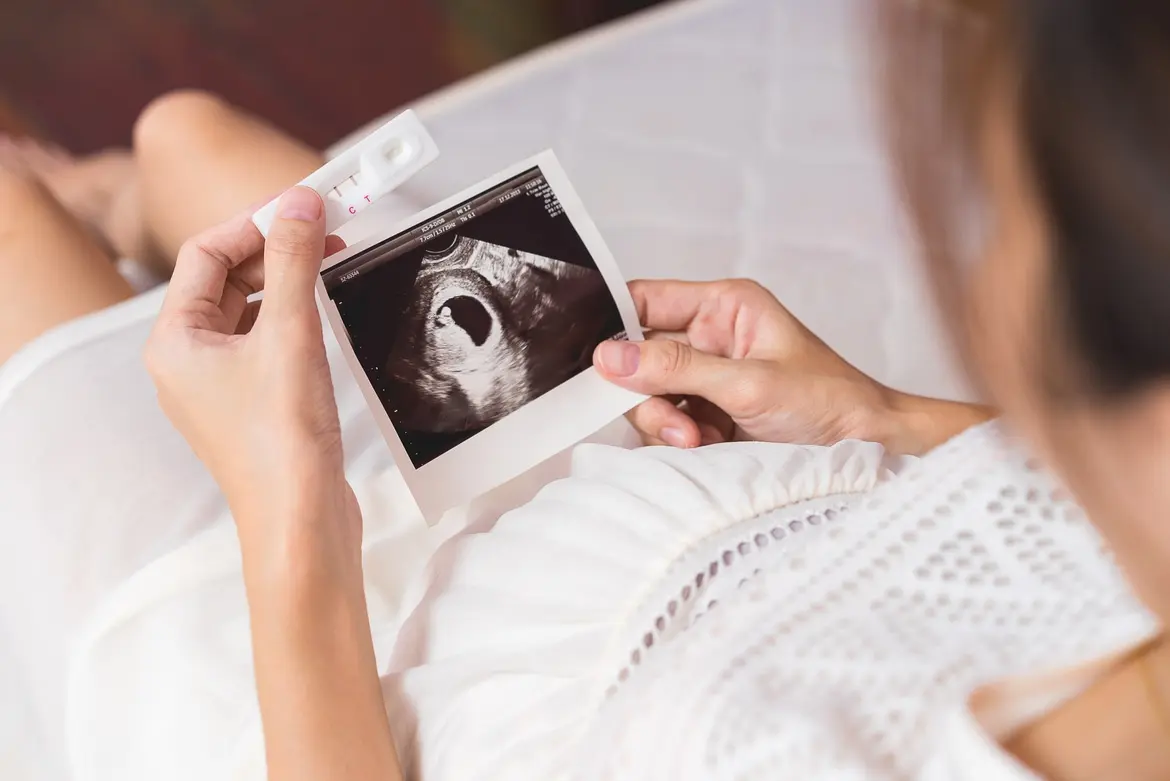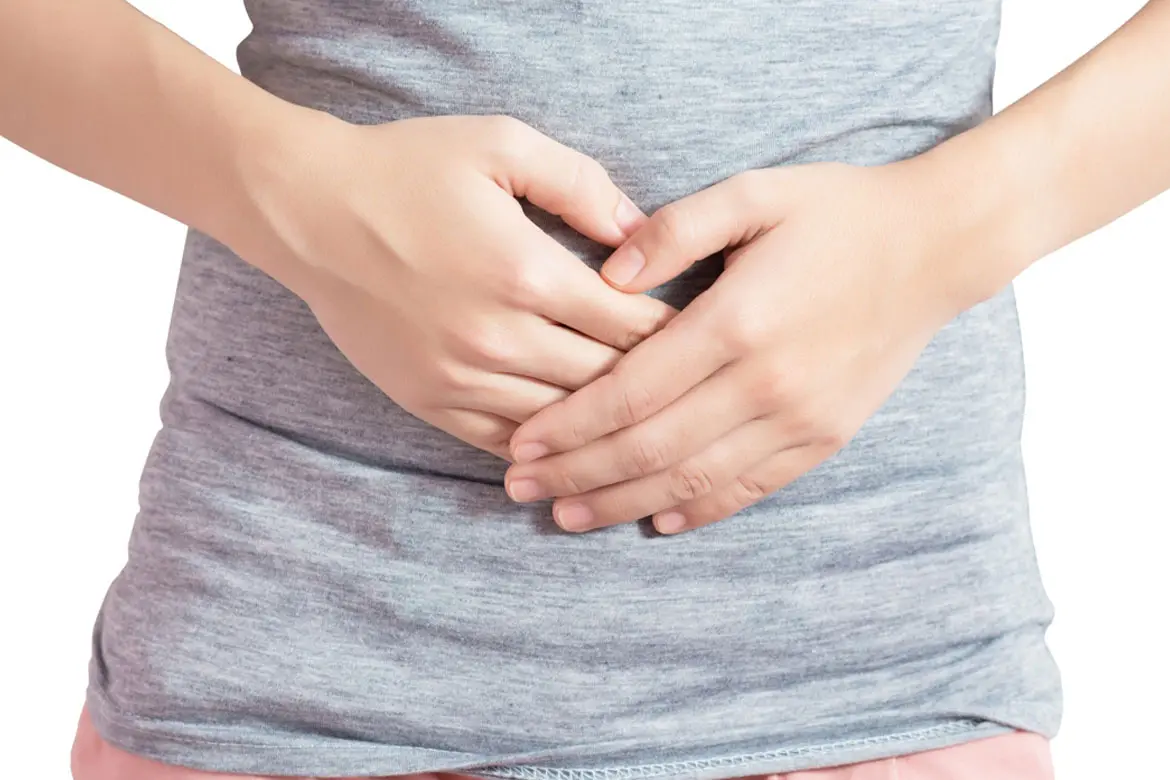Struggling to conceive, and not sure why? Dr Kelly Loi, an obstetrician and gynaecologist at Mount Elizabeth Hospital, explains how low ovarian reserve could be impacting your chances.
What is ovarian reserve?
Ovarian reserve is a woman's remaining egg supply that can produce babies. This supply reduces over time.
Women are born with a fixed number of oocytes (eggs) inside their ovaries.
The generally accepted theory is that as a woman ages, their ovarian egg supply gradually decreases over time, until menopause eventually occurs.
When a female is still a foetus, for example, her number of eggs peaks at around 6 – 7 million. This falls to between 1 – 2 million at birth, 300,000 – 500,000 at the start of puberty, and 1,000 at around 51 years old.
Causes of diminished ovarian reserve
Of course, certain factors can accelerate the decrease in a woman's egg supply, including underlying genetics, environmental factors, and medical issues such as:
Endometriosis
Endometriosis occurs when the tissues normally found inside the uterus grow outside it. Women with endometriosis have been found to have abnormal levels of certain hormones, suggesting diminished ovarian reserve.
Ovarian surgery
Ovarian surgery such as for endometriosis may result in the removal of some normal ovarian tissue leading to diminished ovarian reserve.
Cancer treatment with chemotherapy and radiotherapy
Chemotherapy and radiotherapy to the pelvis can dramatically reduce a woman's egg supply. The risk is increased according to the dosage and type of drug used, and age.
Essentially, your ovarian reserve is your current egg supply, and it is closely related to your potential to reproduce. In general, the more eggs you have left, the better your chances of conception. So, if you have a low ovarian reserve, it may impact your chances of conceiving.
If you're over 35 or struggling to have a baby, visit your doctor for an ovarian reserve screening. It is often the first step in evaluating fertility.
What impact does age have on ovarian reserve?
Ageing naturally reduces a woman's ovarian reserve.
Ovarian reserve levels by age
The quantity and quality of a woman's ovarian reserve gradually declines with age. From a total of 300,000 – 500,000 eggs at puberty, it reduces to about 25,000 at around the age of 37.
Low ovarian reserve is also defined by abnormal levels of hormones namely, anti-Mullerian hormone (AMH) and follicle-stimulating hormone (FSH). These hormones play a role in the development of ovarian follicles. Ovarian follicles release eggs for fertilisation. Their quality and quantity also decline with age.
Due to societal changes and challenges over the last few decades, it is more and more common for women to delay childbirth until mid-30s or even older. However, the optimal age for childbearing is still between 20 and 35.
This is because conception and childbirth in older women is often associated with an increased risk of pregnancy, childbirth and post-birth complications. Older women, for example, are more likely to suffer a miscarriage. While the risk of a miscarriage is around 15% for a woman in her early 30s, this increases to 24% for women aged 35 – 39, and rises further to 51% between the ages of 40 and 44. Other potential complications of pregnancy can include gestational diabetes and high blood pressure. Older women may also need to have a caesarean section when giving birth.
So, is this just because of the ovarian reserve, or are there other factors at play? Well, the effect of age on fertility has been the subject of considerable research. Studies evaluating the outcomes of in vitro fertilisation (IVF) have found that women aged 40 or older tend to release fewer eggs per cycle, and have considerably lower embryo implantation success rates compared to women aged 35 or younger.
Infertility may also be connected to the age of the eggs themselves. In cases where women use a donor egg, for example, the donors are usually under 35 years of age. These younger eggs greatly improve the chances of conception.
So, why should I go for an ovarian reserve screening?
The aim of ovarian reserve screening is to identify your risk of decreased ovarian reserve. If you do have a decreased ovarian reserve, this can affect the success rate of any eventual fertility treatment, and your probability of having a healthy baby.
The American College of Obstetricians and Gynaecologists recommends the test for all women older than 35, who have not conceived after 6 months of attempting pregnancy, or who have:
- a history of cancer treatment with chemotherapy or radiotherapy
- other medical conditions treated with chemotherapy
- had ovarian surgery for endometriosis
Moving forward, the results of your screening and the advice of your fertility doctor will likely determine the best course of action. If you're putting off planning a family for now but results show you have a low reserve, your window of opportunity to conceive may be shorter than you think. This means you might consider trying for a baby sooner rather than later.
Ultimately, a low ovarian reserve doesn't mean you won't ever have a child. But lower than expected results may encourage you to act now and pursue more aggressive treatment options.
How will my doctor conduct the ovarian reserve screening?
There are a few different ways your doctor may check your ovarian reserve. These include tests for:
Follicle-stimulating hormone (FSH)
FSH supports the maturation of your eggs, and is naturally released by your glands in response to certain hormones in your brain. A higher-than-normal amount of FSH is often linked to a decline in egg quality and low egg supply. Why? Because your brain releases more FSH to try and prompt your ovaries to produce a mature egg.
Normal FSH levels during puberty are 0.3 – 10.0 IU/L. In women who are still menstruating, it is 4.5 – 21.5 IU/L, while after menopause, FSH levels are 25.8 – 134.8 IU/L. These reference values may differ slightly by laboratories.
Abnormal FSH levels include values that are too high or too low and may be caused by various factors.
High levels of FSH doesn't necessarily mean you won't conceive. The test is often repeated several times to analyse the range of FSH levels over several cycles. if your levels are consistently high, or fluctuate wildly, this may be a cause for concern.
Estradiol
Your ovary releases estradiol during the development of your ovarian follicles (which are what eventually release an egg during each cycle).
The level of estradiol is usually low between days 2 – 4 of your menstrual cycle. Abnormally high levels during this period indicate that your follicles have progressed too far, too early, which can be caused either by age or as the result of benign ovarian cysts. These types of cysts are usually harmless and often resolve themselves after a few cycles, but they may be what's interfering with your fertility.
It's worth noting that a high estradiol level may also push a too-high FSH level into the normal range, so this test may also help your doctor to interpret your FSH test.
Anti-Mullerian hormone (AMH)
This one is fairly straightforward. As the number of follicles decreases with age, the levels of AMH decrease too. AMH also doesn't change during your cycle, so a sample can be taken any time during the month.
Very high levels of AMH suggest a high risk of developing ovarian hyperstimulation syndrome (the painful swelling of ovaries) during potential IVF treatments. So, it's generally a useful test if you're considering IVF.
Antral follicle count (AFC)
With this test, your doctor will use an ultrasound machine to view your ovaries and assess the number of follicles during cycle days 2 – 5. The AFC is basically the number of remaining follicles that doctors believe may respond to IVF. This is probably the best predictor of IVF outcomes and pregnancy success rate.
I have a low ovarian reserve. What does this mean for my chances of having a baby?
A poor result in your ovarian reserve screening doesn't necessarily mean you'll never conceive. No single assessment of ovarian reserve is 100% effective. Since your ovarian reserve can vary over time, it's always worth doing further testing.
If you are at all concerned about your ability to conceive, it is best to speak to a doctor, who will be able to help you determine your individual chances based on all the factors involved.















